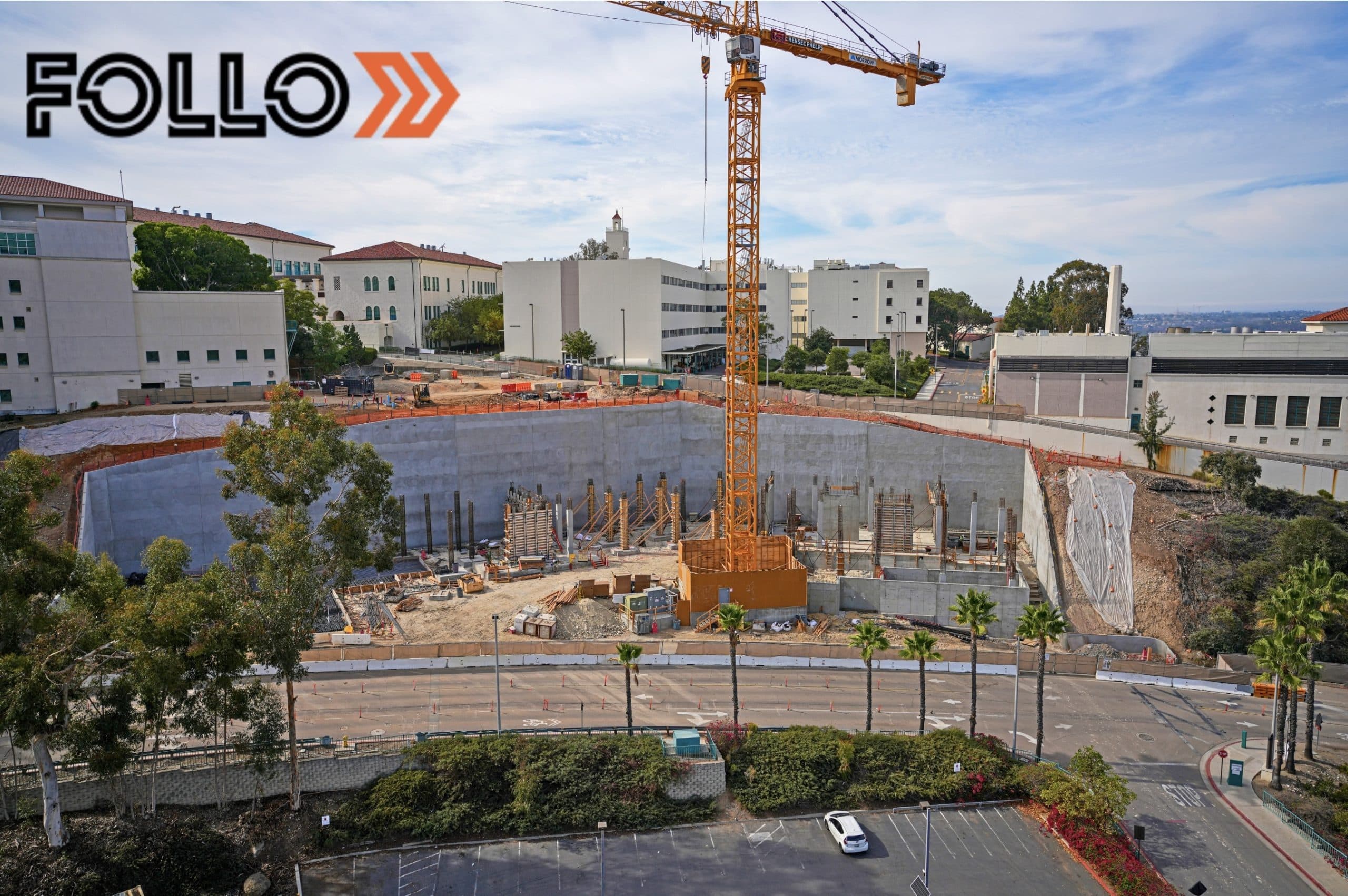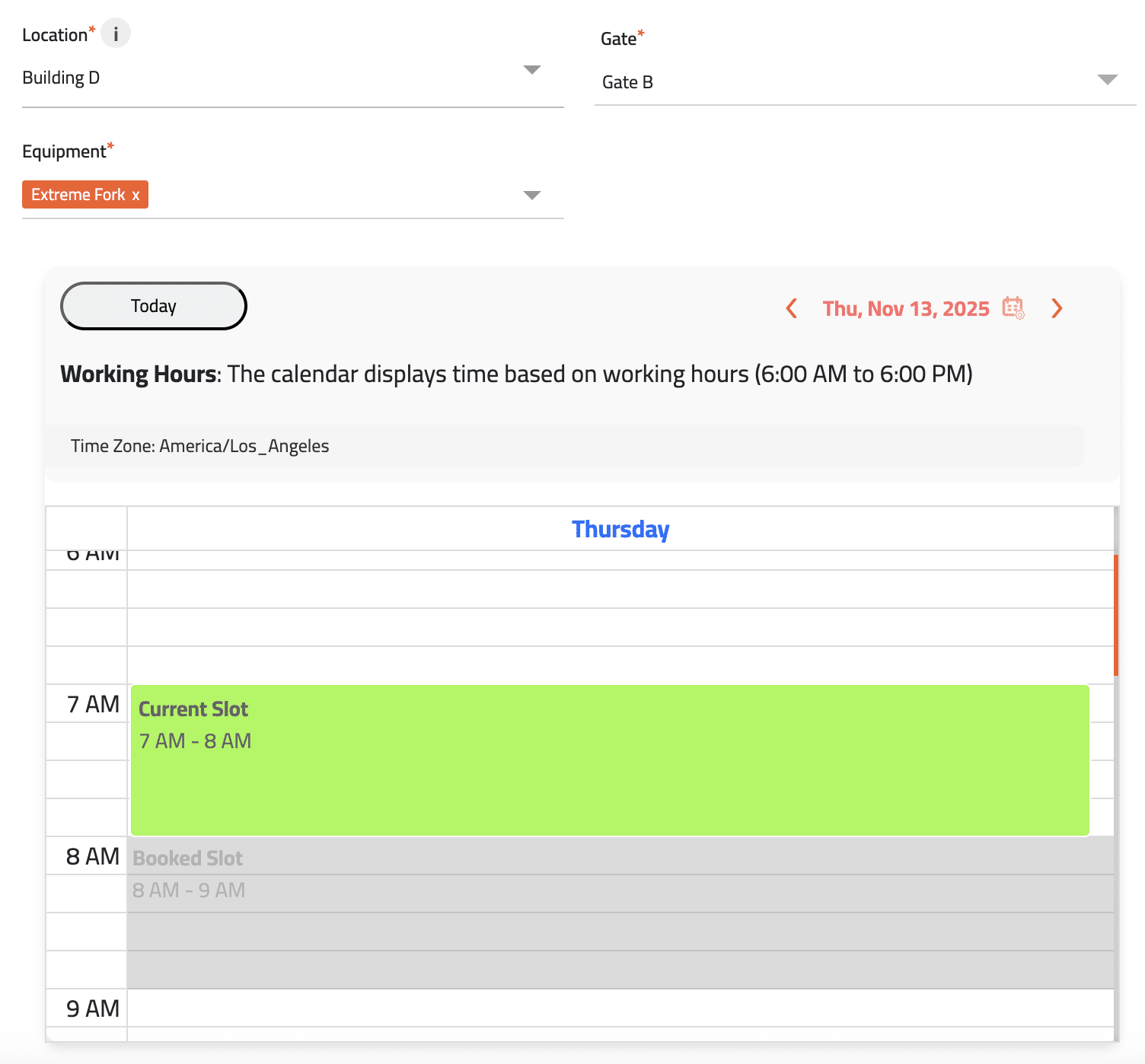In the fast-paced world of construction projects, improving production efficiency is crucial for meeting deadlines, controlling costs, and delivering high-quality results. Continuous improvement plays a vital role in achieving these objectives. By constantly evaluating processes, seeking innovative solutions, and reducing waste, construction teams can enhance production efficiency and drive project success. In this article, we’ll explore why continuous improvement is key to improving production efficiency on construction projects.
- Identifying and Eliminating Inefficiencies:Continuous improvement encourages teams to identify and eliminate inefficiencies in construction processes. By regularly evaluating workflows, analyzing data, and gathering feedback from stakeholders, teams can pinpoint bottlenecks, streamline operations, and optimize productivity. This leads to smoother project execution and improved production efficiency.
- Streamlining Communication and Collaboration:Efficient communication and collaboration are essential for streamlined construction operations. Continuous improvement encourages teams to evaluate communication channels, identify potential gaps, and implement effective collaboration tools. By fostering open communication and providing clear guidelines, construction teams can enhance coordination, minimize errors, and improve overall production efficiency.
- Embracing Innovative Technologies and Practices:Continuous improvement drives the adoption of innovative technologies and practices in construction projects. By staying up-to-date with industry advancements, teams can identify new tools, software, and techniques that improve production efficiency. Embracing Building Information Modeling (BIM), construction project management apps, and real-time tracking systems can streamline processes, enhance decision-making, and optimize resource allocation.
- Minimizing Waste and Reducing Costs:Construction projects are prone to generating waste, whether it’s materials, time, or resources. Continuous improvement focuses on identifying and minimizing waste to improve production efficiency. By implementing lean construction principles, teams can reduce rework, optimize material usage, and eliminate unnecessary steps, resulting in cost savings and increased efficiency.
- Enhancing Quality Control:Continuous improvement emphasizes the importance of quality control throughout construction projects. By implementing regular inspections, audits, and feedback loops, teams can identify and rectify quality issues promptly. This minimizes rework, ensures compliance with specifications, and enhances production efficiency by preventing costly mistakes and delays.
- Promoting Employee Engagement and Empowerment:Continuous improvement fosters a culture of employee engagement and empowerment. By involving all team members in the improvement process, encouraging their input, and recognizing their contributions, construction teams feel valued and motivated to drive production efficiency. Engaged employees often have valuable insights and ideas for process improvement, leading to increased efficiency and better project outcomes.
- Encouraging Learning and Professional Development:Continuous improvement promotes learning and professional development within construction teams. By encouraging ongoing training, providing opportunities for skill-building, and supporting career advancement, teams become equipped with the latest knowledge and expertise. This enhances their ability to identify areas for improvement, apply best practices, and contribute to increased production efficiency.
- Embracing a Culture of Adaptability and Flexibility:Construction projects often face unexpected challenges and changes. Continuous improvement encourages teams to embrace a culture of adaptability and flexibility. By quickly assessing and adjusting processes, workflows, and resource allocation, teams can respond effectively to unforeseen circumstances, minimizing disruptions and maintaining production efficiency.
- Encouraging Data-Driven Decision-Making:Continuous improvement relies on data-driven decision-making. By collecting and analyzing project data, teams can gain insights into performance metrics, identify trends, and make informed decisions to improve production efficiency. Data-driven decision-making allows for accurate tracking of key performance indicators (KPIs), facilitating targeted improvements and measuring the impact of continuous improvement initiatives.
- Driving Long-Term Project Success:Continuous improvement is a long-term strategy for driving project success. By consistently seeking opportunities for improvement, construction teams can establish a cycle of ongoing enhancement, leading to increased production efficiency, improved project outcomes, and ultimately, client satisfaction. Continuous improvement sets the foundation for long-term success in the construction industry.
Conclusion:Continuous improvement is crucial for improving production efficiency on construction projects. By identifying inefficiencies, embracing innovation, minimizing waste, and promoting employee engagement, construction teams can enhance their processes, reduce costs, and deliver successful projects. Embracing a culture of continuous improvement leads to improved productivity, better resource utilization, and enhanced project outcomes, ensuring long-term success in the dynamic construction industry.
Relevant Keywords: Continuous improvement, Production efficiency, Construction project management, Process optimization, Innovation, Waste reduction, Quality improvement, Project success


